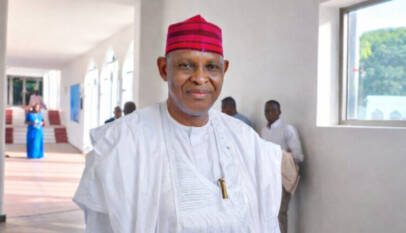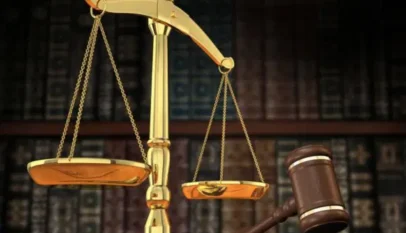By Gab Efe, Guest Writer
Recently, a prisoner pardoned by the Osun State Governor was caught stealing a television not long after his release. This incident lays bare a harsh truth: our government’s approach to prisoner pardons is flawed, driven more by political motives than genuine concern for those being released or the society they return to.
We reside in a society that stigmatises. For numerous individuals, a pardon makes no difference. Once labelled a prisoner, they remain a suspect. Employers distrust them, neighbours gossip about them, and even family members may distance themselves. These people are forced to manoeuvre through a world without room for them. Without support or alternatives, they often see crime as their sole means of survival.
The problem is compounded by the state of our prisons. These facilities do not reform; they harden. Inmates leave worse than they went in, with no skills or training to help them build a legitimate future. This is the real tragedy of our criminal justice system.
If the government is serious about reducing crime and reintegrating pardoned prisoners, it must do more than open the gates and send them off with nothing. A pardon, on its own, is meaningless in a society that will not forgive.
Here are some urgent steps the government must take:
Fix the Prisons: Our prisons must become centres for rehabilitation, not punishment alone. Inmates should leave with skills to help them earn a living and stay out of trouble.
Set Them Up for Success: Pardoned prisoners need structured reintegration programs. This means giving them access to jobs, training, or even small grants to start afresh.
Educate Society: Communities must be sensitized to the importance of second chances. Without acceptance, no pardon can truly succeed.
Be Strategic About Pardons: Pardon decisions should not be political stunts. They must be tied to clear plans for monitoring and supporting those released.
The young man caught stealing a television is not just a thief. He is a reflection of a system that failed him twice—first in prison, and then after his release. His case should force us to rethink how we handle pardons and prisoner rehabilitation.
We must decide: do we want a system that truly reforms, or do we want to keep repeating this cycle of crime and pardon? Until we overhaul our approach, nothing will change.
































